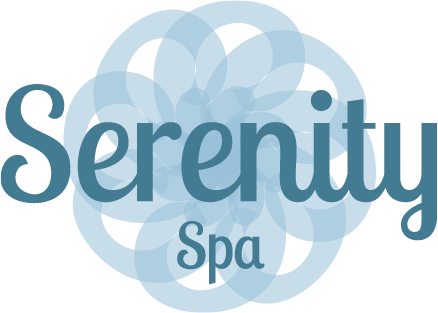5 acne myths that sabotage your clear skin journey
5 acne myths that sabotage your clear skin journey
When it comes to acne, there’s no shortage of advice – from your friends, family or the internet. But just because your bestie swears by toothpaste on her breakouts, that doesn’t make it true. As skin care experts, we’re here to clear up the confusion (and your skin!) by debunking the most common acne myths that could be sabotaging your progress.
Myth: Toothpaste can clear your breakouts
Heard this one before? Using toothpaste on your pimples is an old-school “hack” that’s better left in the past. While it may feel like a quick fix, slathering toothpaste causes more problems in the long run.
“There are harsh ingredients in toothpaste that are not meant for your delicate facial skin,” says Barbara Arnoux, esthetician and Esthetics Insight Circle member. “Instead of drying out your breakouts, you’re really just adding more redness, irritation and even clogged pores to the mix.”
Do us exports a favor and stick to acne treatments that are designed for your skin – not your smile.
Myth: Acne is caused by dirty skin
This is one myth that seriously needs to be cleaned up. Your breakouts aren’t because your skin’s dirty. Many people who struggle with acne are actually over-cleansing, thinking they can scrub away the problem. The truth is that acne is primarily caused by excess sebum, skin cell buildup, bacteria and inflammation. When you over-cleanse, you strip your skin of natural oils, leading to more irritation and more breakouts. It’s about finding the right balance – gentle cleansers, soothing moisturizers and barrier-friendly acne treatments.
Myth: The sun clears acne
It’s a common belief that sun exposure can dry out acne and make it better. While sunlight may temporarily dry out surface oil and give the appearance of clearer skin, prolonged exposure to UV rays can actually worsen acne in the long run. UV rays cause inflammation, increase oil production and damage the skin barrier, making it even harder for acne to heal.
“Certain acne treatments or formulas that contain ingredients like benzoyl peroxide make skin more sensitive to sunlight,” warns Arnoux. “This increases the risk of sunburn, redness and irritation.”
Excess sun exposure can also compromise your skin barrier, making it more susceptible to acne and other issues. Barrier-friendly formulas are your new best friend if you’ve basked in the sun a little too long this summer.
Myth: Tanning helps conceal acne redness
Think a tan will hide your acne? Think again. While a tan might reduce redness for the moment, it does nothing to treat the inflammation underneath. Worse, it leads to more damage, accelerates aging and can make scars and hyperpigmentation more noticeable over time.
“When the skin is exposed to UV rays, it can increase the production of melanin, which can darken acne scars or cause post-inflammatory hyperpigmentation (PIH),” says Arnoux. “This results in dark spots that take longer to fade. Protecting skin with a broad-spectrum sunscreen can prevent this from worsening.”
Myth: Popping pimples helps them go away faster
We’ve all been there. Tempted to pick that pimple, thinking it would disappear, but this approach is detrimental to your skin healing journey. Resist the urge to pop! Popping or squeezing acne can push bacteria and oil deeper into your skin, leading to more inflammation, potential scarring and even more breakouts. The best thing you can do? Leave it alone and let a spot treatment work its magic.
